Microsoft Azure Data Fundamentals [DP 900 Exam]: All You Need to Know
4.8 out of 5 based on 8744 votesLast updated on 23rd Sep 2024 16.2K Views
- Bookmark

Microsoft Azure is a leading cloud platform from Microsoft, offering extensive tools and services for building and managing applications.
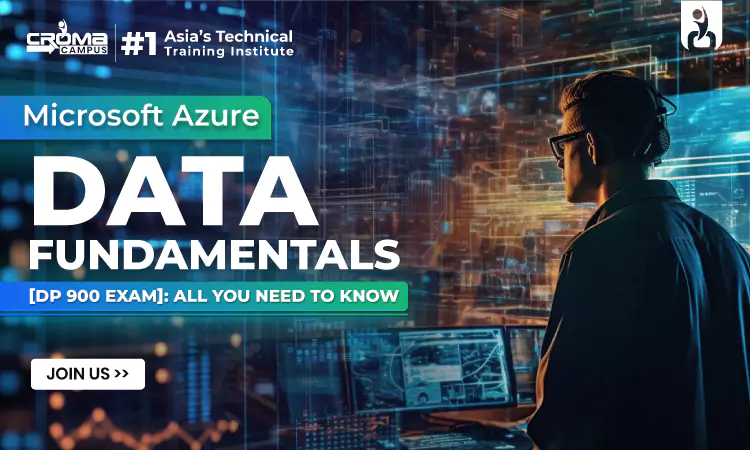
Introduction:
To begin with, Microsoft Azure is a popular cloud computing platform developed by Microsoft. This solution provides a vast array of services and tools for businesses to build, run, and manage applications and services.
Features of Microsoft Azure:
Microsoft Azure is a popular solution and it comes with a vast array of features and services for diverse business needs. To further know about these features, one can visit the Microsoft Azure Course. Let's have a look at the significant features of Microsoft Azure.
Compute:
- Virtual Machines (VMs): These are useful for creating and managing virtual machines running various operating systems.
- App Service: The primary use of App Service is to build, deploy, and manage web, mobile, and API applications.
- Functions: The functions are the solutions useful for executing the serverless code without managing infrastructure.
Storage:
- Blob Storage: This is useful for storing unstructured data like images, videos, and documents.
- File Storage: It provides you with great access to files from Azure or on-premises.
- Disk Storage: It provides you with persistent storage for virtual machines.
Database:
- SQL Database: These are fully managed relational databases.
- Cosmos DB: It refers to a NoSQL database useful for supporting multiple data models.
- Redis Cache: This is an in-memory data store for caching and session state.
Networking:
- Virtual Networks: These are useful for creating isolated networks to securely connect resources.
- Load Balancing: It is useful for managing the distributed traffic across multiple instances.
- VPN Gateway: The VPN gateway is useful for connecting on-premises networks to Azure.
Analytics:
- Azure Data Factory: It includes an ETL (Extract, Transform, Load) tool for data integration.
- Azure Synapse Analytics: This is a unified analytics platform for data warehousing and big data processing.
- Azure Machine Learning: This solution is useful for tasks such as building, training, and deploying machine learning models.
AI and IoT:
- Azure Cognitive Services: These are the pre-built AI services useful for tasks like speech recognition and natural language processing.
- Azure IoT Hub: They are useful for connecting, monitoring, and managing IoT devices.
Security:
- Azure Security Center: This helps in centralizing security management and threat protection.
- Azure Active Directory: It is useful for managing user identities and access control.
Developer Tools:
- Visual Studio Code: It is a popular and powerful code editor tool that works with Azure integration.
- Azure DevOps: This is a set of tools for planning, developing, and deploying applications.
Azure Data Fundamentals:
The Azure Data Fundamentals is a foundational course that provides an overview of Microsoft Azure's data services and capabilities. It covers essential concepts, tools, and technologies for working with data on the Azure platform. Here are the key topics that you will learn in the Azure Data Fundamentals. After completing Azure Data Fundamentals, you will learn many of Azure's data capabilities. Along with this, it will also help you in effectively storing and managing data in Azure. Along with this, you will be able to use the Azure data services for various workloads. Learning the fundamentals course is ideal for individuals who want to learn about Azure data services. Now let's have a look at the concepts you will learn from the Microsoft Azure Certification course.
Introduction to Azure Data:
- Overview of Azure data services and their benefits
- Understanding data types and storage options
Azure Data Storage:
- Blob storage for unstructured data
- File storage for accessing files from Azure or on-premises
- Disk storage for persistent storage for virtual machines
Azure SQL Database:
- A fully managed relational database service
- Creating databases, tables, and queries
Azure Cosmos DB:
- A NoSQL database supporting multiple data models
- Scaling and managing distributed data
Data Factory:
- ETL (Extract, Transform, Load) tool for data integration and transformation
Data Analytics and Visualization:
- Using Azure tools for data analysis and visualization (e.g., Power BI, Azure Synapse Analytics)
Data Governance and Security:
- Implementing data governance policies and ensuring data security
What is Azure DP 900 Certification?
The Azure DP 900 Certification is a foundational certification and gaining it ensures that you understand the core data concepts of Azure. Along with this, it is an ideal certification for individuals who are new to data in the cloud or want to build a strong foundation in Azure data services. Earning the DP 900 certification demonstrates your knowledge of the fundamental database concepts. Along with this, it ensures that you have the basic skills for using cloud data services. It also validates your foundational knowledge of cloud data services within Microsoft Azure. Above all, this certification is a great starting point for individuals who want to pursue a career in data analytics, data engineering, or database administration on the Azure platform. Let's have a look at the key areas covered in the DP 900 certification.
- Core Data Concepts: This includes relational and non-relational data, data types, data models, and data workloads.
- Azure Data Services: It includes the Azure SQL Database, Azure Cosmos DB, Azure Data Factory, Azure Synapse Analytics Etc.
- Data Analytics and Visualization: This includes the basic concepts of data analysis, data visualization tools, and reporting.
- Data Governance and Security: This will help you understand the data security, privacy, and compliance requirements.
Also Read These Posts:
Microsoft Azure Interview Questions
Microsoft Azure Database Certification DP-300
AZ 400 Microsoft Azure DevOps Solutions Certification
Microsoft Azure Certification Exam Details And Cost
What Comes in the DP 900 Certification Exam?
The DP 900 Certification exam or Microsoft Azure Data Fundamentals exam is one of the most popular certifications in this domain. Gaining this Azure Data Engineer Course certification ensures that you know core data concepts and related Microsoft Azure data services. Now let's have a look at the topics covered in this DP 900 Exam.
Data Concepts:
- Relational and non-relational data
- Data workloads (transactional, analytical)
- Data governance and compliance
Azure Data Services:
- Azure SQL Database
- Azure Cosmos DB
- Azure Data Factory
- Azure Synapse Analytics
- Azure Databricks
Data Storage and Management:
- Azure Blob Storage
- Azure Data Lake Storage
- Data lifecycle management
Data Analytics:
- Data warehousing and data lakes
- Data analysis tools and techniques
- Data visualization and reporting
Exam Format for DP 900 Certification Exam:
The DP 900 Certification exam includes various multiple-choice questions for testing your understanding of the topics mentioned above. Along with this, the exact number of questions can vary, but it typically ranges between 40-60 questions. The Time duration for this exam is usually given 90 minutes to complete.
Conclusion:
Microsoft Azure Data Fundamentals (DP 900) is a foundational certification that provides a comprehensive overview of Microsoft Azure's data services and capabilities. By mastering core data concepts, Azure data services, analytics, and governance, you can effectively use the Azure platform for data tasks through Cloud Computing Course Online. The DP 900 exam assesses your knowledge of these topics through multiple-choice questions, and passing the exam demonstrates your foundational understanding of cloud data services within Microsoft Azure.
Subscribe For Free Demo
Free Demo for Corporate & Online Trainings.
Your email address will not be published. Required fields are marked *
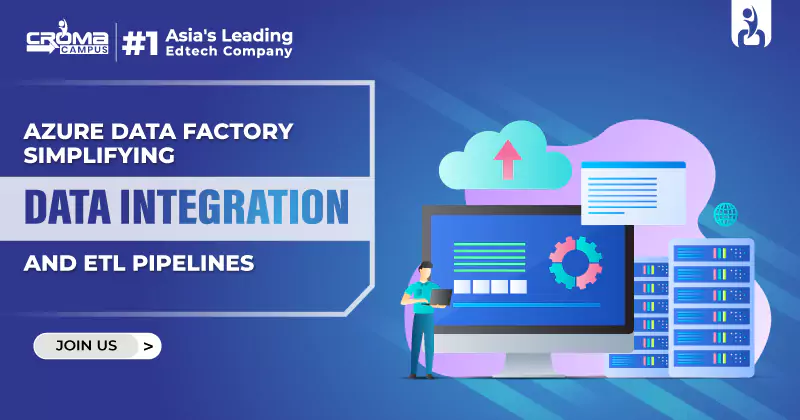
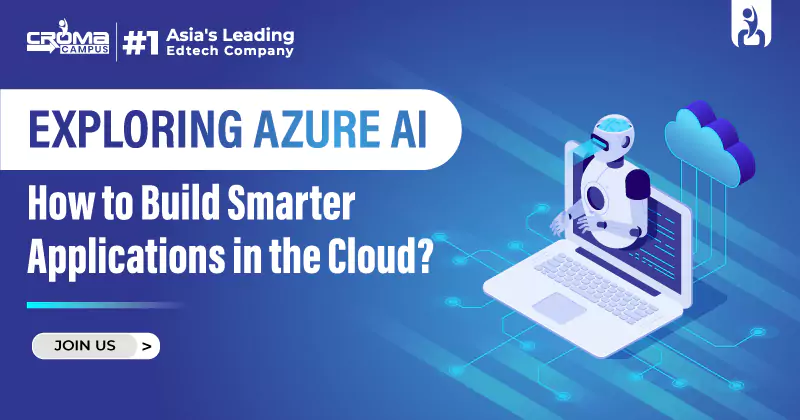

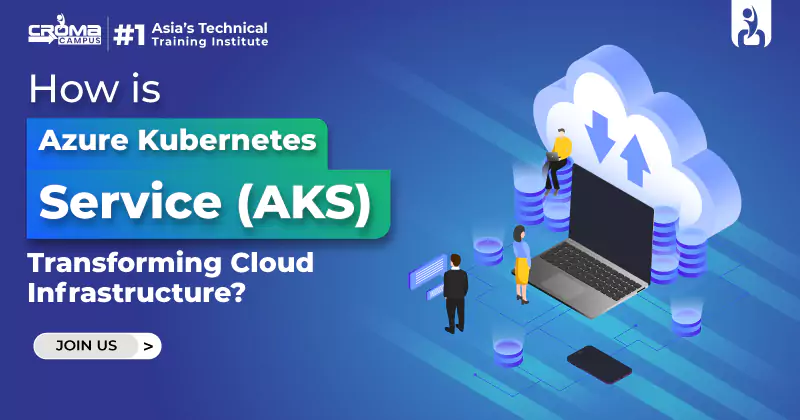
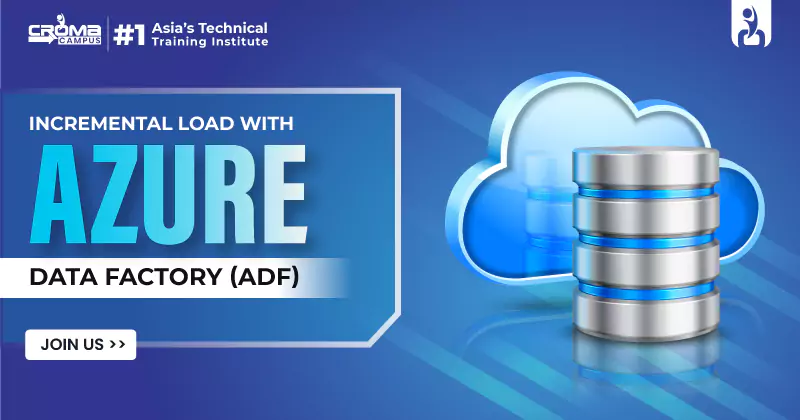

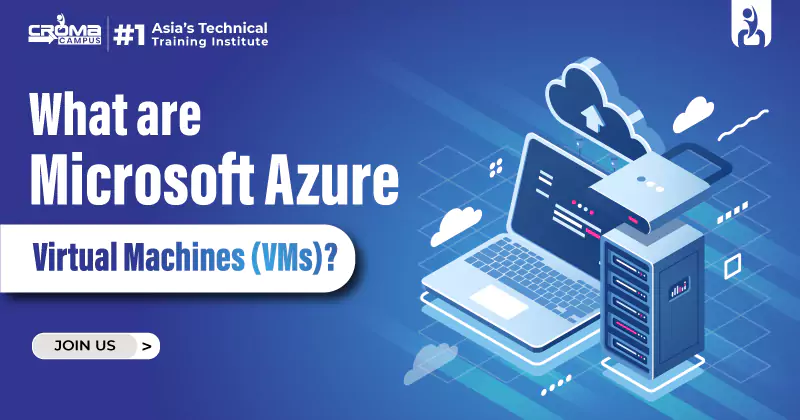

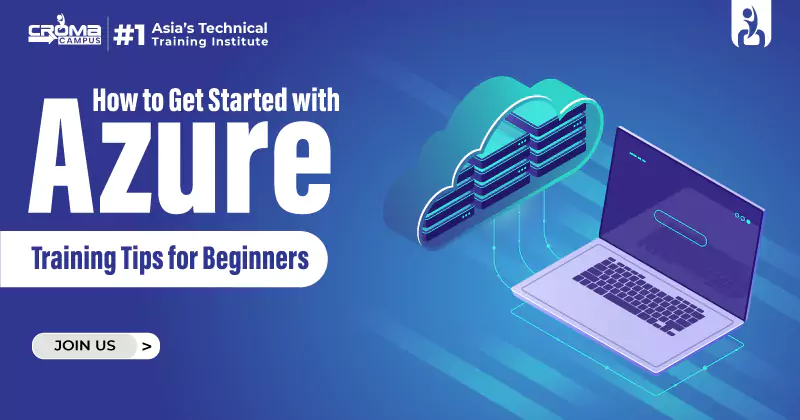
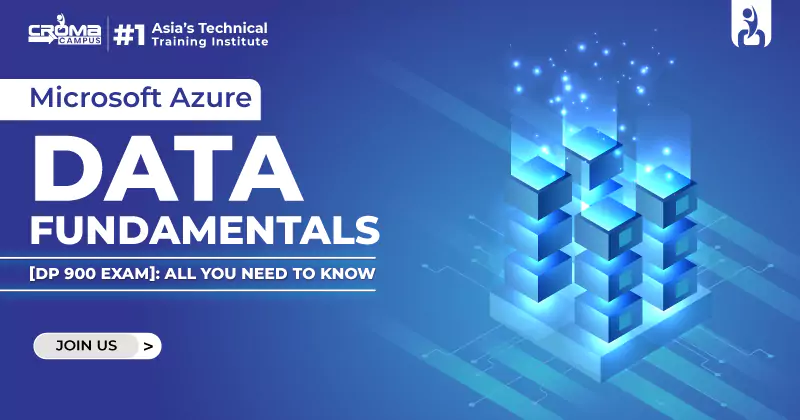












 Master in Cloud Computing Training
Master in Cloud Computing Training